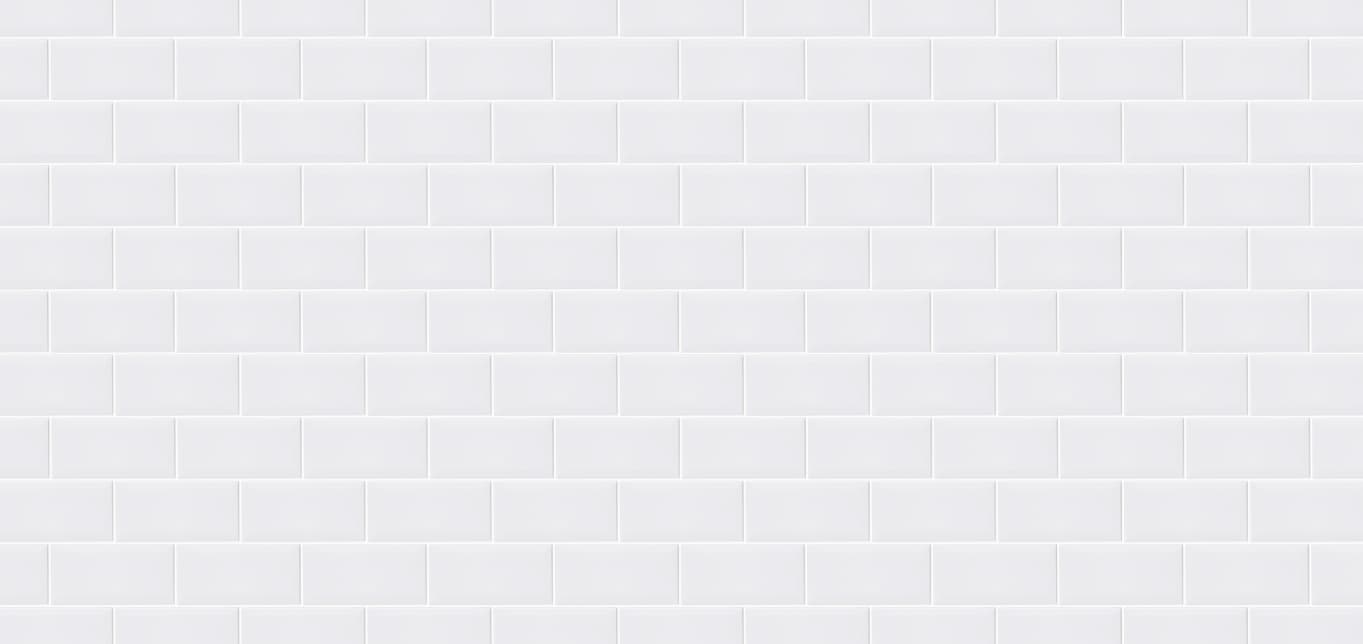More than 300 influencers were inspected in 2022 and 2023 by the “Direction Générale de la Concurrence, de la Consommation et de la Répression des Fraudes” (DGCCRF), and nearly half of them failed to comply with the rules on displaying the commercial intent of their publications, making misleading claims about certain products, or promoting prohibited products or services.
As a result, 35 warnings were issued to influencers whose breaches were of a one-off nature, and 81 compliance injunctions were issued for the most serious and deliberate practices, along with 35 criminal prosecutions.
Some of the injunctions and settlements issued were combined with publication measures on the social networks of the influencers and the DGCCRF.
In 2024, the DGCCRF intends to step up its controls.
So if you’re planning to use the services of influencers to promote your products and services, make sure you comply with current regulations.
Faced with the development of commercial influence and in the interests of consumer protection, the legislator has come to regulate this activity with the law of June 9, 2023 aimed at framing commercial influence and combating the excesses of influencers on social networks.
Since December 2023, influencers have also had access to a guide to good conduct setting out the essentials of their rights and duties in the context of their commercial influence activity.
Definition of an influencer:
The June 9, 2023 law defines influencers as any « natural or legal persons who, for a fee, mobilize their notoriety among their audience to communicate content to the public, by electronic means, aimed at promoting, directly or indirectly, goods, services or any cause whatsoever ».
Need to formalize a contract with the influencer:
As soon as you call on the services of an influencer, a contract must be signed, and this contract must mention:
– information on the identity of the parties, their postal and e-mail addresses, and their country of residence for tax purposes;
– the nature of the missions entrusted;
– the remuneration in cash or the way in which it is determined, and, where applicable, the value of the benefit in kind, as well as the terms and conditions of its attribution;
– the rights and obligations incumbent on the parties, where applicable, notably in terms of intellectual property rights;
– that the contract is subject to French law, in particular the Consumer Code, the Intellectual Property Code and the Law of June 9, 2023.
Consumer information:
The consumer must be informed of the existence of the commercial collaboration. To this end, each content, post or story by the influencer must indicate the words « Advertising » or « Commercial collaboration » in a clear, legible and identifiable manner for the duration of the promotion.
Also note: the words « retouched images » or « virtual images » must be inserted if this is the case.
Content of promotions:
Particular attention must be paid to product claims: no statements likely to mislead the consumer should be made. Caution should be exercised when using titles and designations, and when claiming the origin of certain ingredients.
The usual communication provisions apply to influencers; in particular, the need to comply with the Evin Law calls for caution when it comes to content incorporating alcoholic beverages, or the regulations of the Public Health Code concerning the promotion of beverages with added sugar, salt or synthetic sweeteners, or of food products.
The law of June 9, 2023 also lays down prohibitions on promotions relating to certain goods and services, such as products or methods presented as comparable, preferable or substitutable for therapeutic acts or prescriptions, products that can be consumed and composed even partially of nicotine, or certain financial products and services, subscriptions to sports advice or prognoses, etc.
Penalties:
Failure to indicate the true commercial intent of a communication constitutes a misleading commercial practice by omission within the meaning of article L. 121-3 of the French Consumer Code, and the absence of the words « Advertising » or « Commercial collaboration » in an influencer’s communication is punishable by two years’ imprisonment and a fine of 300,000 euros.
Other, more specific sanctions may be applied in the event of failure to comply with specific regulations, notably the Loi Evin.
In addition, the law of June 9, 2023 provides for joint and several condemnation of the influencer and the advertiser in the event of damage caused to third parties in the performance of the commercial influence contract binding them.
Do you need support for your relationships with influencers? Don’t hesitate to contact the Linkea team.
